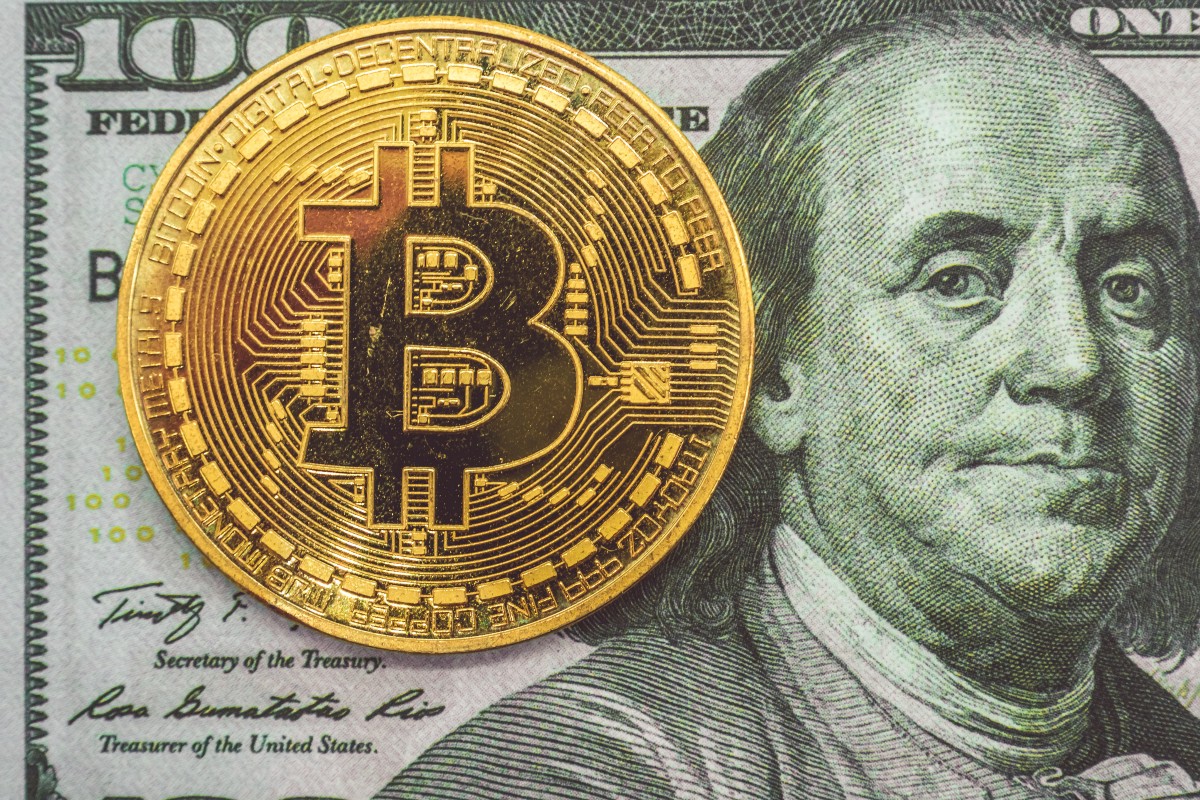
In the early months of 2021, Bitcoin and cryptocurrency have benefitted from the backing of Elon Musk and Tesla — which invested $1.5 billion in Bitcoin and gave consumers the ability to buy its vehicles using the popular digital coin.
Just two months later, Musk has announced that the company will suspend accepting Bitcoin as a form of payment for Tesla purchases due to the environmental concerns behind the currency’s mining.
With coal being involved in the mining process, Musk says the emissions tied to Bitcoin usage are not worth its other benefits.
Musk followed that tweet up with a chart to show the massive ramp-up in energy usage over recent months due to Bitcoin usage and mining.
There has been a lot of backlash to this decision, of course. Some are concerned with Musk’s lack of foresight or understanding of the emissions tied to Bitcoin before investing so heavily in it. Some just think Musk was trying to sink the crypto market and lower costs (Bitcoin did lose over $4,000 in value after the tweet, but it was on its way down for hours before).
There have been counters to this from other well-known business owners like Mark Cuban. Cuban tweeted that Mavs.com — the website of the NBA’s Dallas Mavericks, which Cuban owns — will still continue to accept crypto as it is better for the environment than gold.
Cuban linked to this 2010 story from the New York Times which states that hard-rocking mining, which includes gold, generates more toxic waste than any other industry in the United States. It also states that metal mines have become “the near-equivalent of nuclear waste dumps that must be tended to in perpetuity.”
Cuban also linked to this Money Week story published in January that claims Bitcoin’s energy usage is high but worth it. Bitcoin’s high-energy requirement, the story notes, has pushed most mining to areas where energy costs are low, like Iceland with geothermal energy or France with nuclear energy.
Half of the world’s mining takes place in Sichuan, China, however, where 95% of the mining is powered by renewable energy. The article notes that 74% of Bitcoin’s electricity usage comes from renewable sources.
The article also makes an important point: Bitcoin’s energy usage is required for its features, including value, to be maintained.
One of Satoshi Nakamoto’s goals in creating Bitcoin was its decentralized nature, of course, making it hard for government bodies to regulate it or manipulate it in any way. A piece of that is making its value ever-increasing, unlike a U.S. dollar that becomes more worthless by the day.
To earn a Bitcoin, a miner helps verify transactions in the blockchain ledger. This is what makes cryptocurrency a decentralized system: instead of having a government-like agency monitor and approve the authenticity of a coin and transaction, miners do it.
A transaction block in the blockchain contains a tough-to-solve “math problem,” pushing miners to have the best and most powerful computers in order to earn the Bitcoin reward. The quickest to mine the 1 megabyte (MB) block becomes eligible to earn 6.25 Bitcoin.
There is more to it than that and it already feels complex enough. That is exactly the benefit of Bitcoin, for both the miners and the people that use them in transactions.
This thorough verification process essentially guarantees that coins will not be “stolen” or duplicated and that transactions are secure. This process requires a ton of energy. Less energy would mean less security, reducing the reliability of Bitcoin.
Also, the amount of work that goes into mining gives credibility to the amount of Bitcoin earned. As we see with physical currencies, there is almost no work required to add more into circulation. And thus, the value of the U.S. dollar has plummeted. A $100 bill in 1913 would be worth less than $4 today.
Perhaps Musk’s Bitcoin proclamation is “green marketing” to show that Tesla is truly for the cause when it comes to lowering emissions. The evidence is out there, though, that Bitcoin’s toll on the environment is smaller than it seems on the surface and other forms of currency are just as bad if not worse.
This is not the first time Musk has quickly turned around on a decision, so maybe the clouds will depart and he’ll remember the importance and value of Bitcoin. Until then, though, crypto-maniacs will have to continue explaining the seemingly unexplainable to nonbelievers.
- 000
- announced
- around
- article
- authenticity
- BEST
- Bill
- Billion
- Bitcoin
- blockchain
- business
- buy
- Cause
- China
- claims
- Coal
- Coin
- Coindesk
- Coins
- company
- computers
- Consumers
- continue
- Costs
- Creating
- crypto
- Crypto Market
- cryptocurrency
- currencies
- Currency
- Dallas
- day
- decentralized
- DID
- digital
- Dollar
- Early
- electricity
- Elon Musk
- Emissions
- energy
- Environment
- environmental
- EV
- Features
- First
- first time
- form
- France
- Gold
- Government
- High
- hr
- HTTPS
- Including
- industry
- investing
- involved
- IP
- IT
- Ledger
- Making
- mark
- Mark Cuban
- Market
- medium
- metal
- Miners
- Mining
- money
- months
- New York
- New York Times
- order
- Other
- owners
- payment
- People
- Popular
- purchases
- renewable energy
- Satoshi
- security
- sense
- Sichuan
- So
- States
- Surface
- system
- Tesla
- The New York Times
- time
- Ton
- transaction
- Transactions
- tweet
- u.s.
- United
- United States
- value
- Vehicles
- Verification
- Website
- week
- Work
- worth













